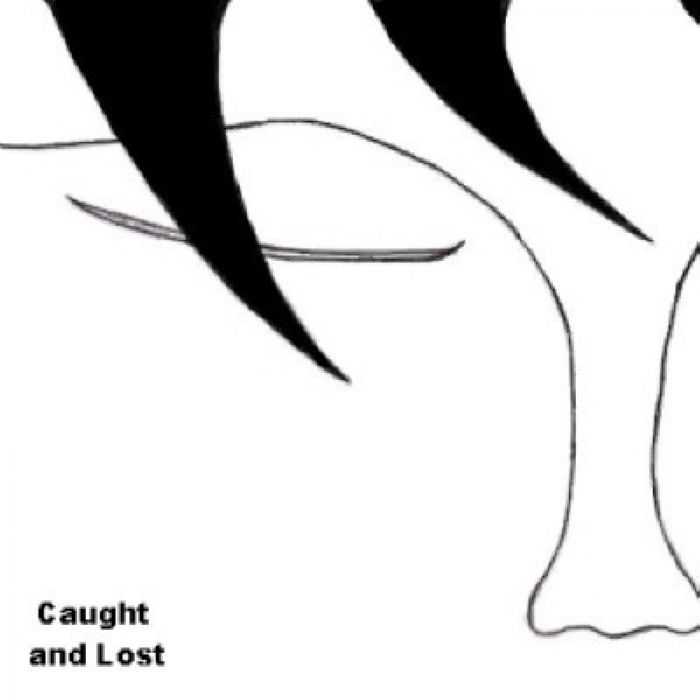Caught and Lost by Loss Of A Child (Review)

A few words that constantly come to mind while listening to London-based Loss of a Child’s Caught and Lost would be “desperation,” “flailing,” “thrashing,” and “struggling.”
At times, their music, which hits on pretty much every shoegazer and post-rock touchstone from the last ten years or so — Slowdive, My Bloody Valentine, Mogwai, Godspeed You Black Emperor!, Low — conveys a true sense of urgency and anxiety thanks to all of the swelling guitars, ominous piano notes, and the rest of the instrumental fury.
But there are also plenty of times where it sounds like the band is lost in the sea of their influences, thrashing about with a dozen different sounds that have been done before and doing their best to pull something original out of the morass.
What is perhaps Caught and Lost’s biggest saving grace is the stately, almost classical pace at which it unfolds. Of course, this being instrumental post-rock, there are plenty of explosive, climactic moments where the band lets rip with both the sturm and the drang. However, there are also plenty of moments where the crashing drums and volatile guitars settle into the background, allowing for more delicate synth and piano-driven moments such as those on “Feelings, Falling And Farmers.”
But even these fine moments are hampered by the album’s production quality, which strikes me as especially thin and trebly. Everything is coated with a gauzy layer of high-end haze that is not all too uncommon in the lo-fi realm. But while this can sometimes add a certain atmosphere to an album — listen to the self-titled releases from Ceremony and Destroy All Dreamers for examples of lo-fi, piercing treble-heavy production that actually enhances the atmosphere — that is not the case with Caught and Lost.
Considering that so much of the disc strives to be orchestral and climactic, the shallow, tinny production ends up robbing the music of much of its potential oomph.
This is especially obvious on a track such as “Hope,” with its closing surge of strings, piano, and guitars that verges on metal (think Mew more so than, say, Isis or Pelican), or the opening maelstrom of “When One Foot Is Further Than One Hundred Miles.” In both songs, you can detect a multitude of stirring sonic details that are, unfortunately, all smushed together by the thin production and not given the necessary room to expand and breathe as they should.
Loss of a Child is clearing striving hard with their music, striving towards something emphatic and powerful — an effort that is laudable to be sure. But with two albums under their belts — both of which can be downloaded in their entirety from the Lost Children netlabel — Loss of a Child still have yet to arrive at a sound that truly conveys the drama and power that they’re straining so hard to communicate.